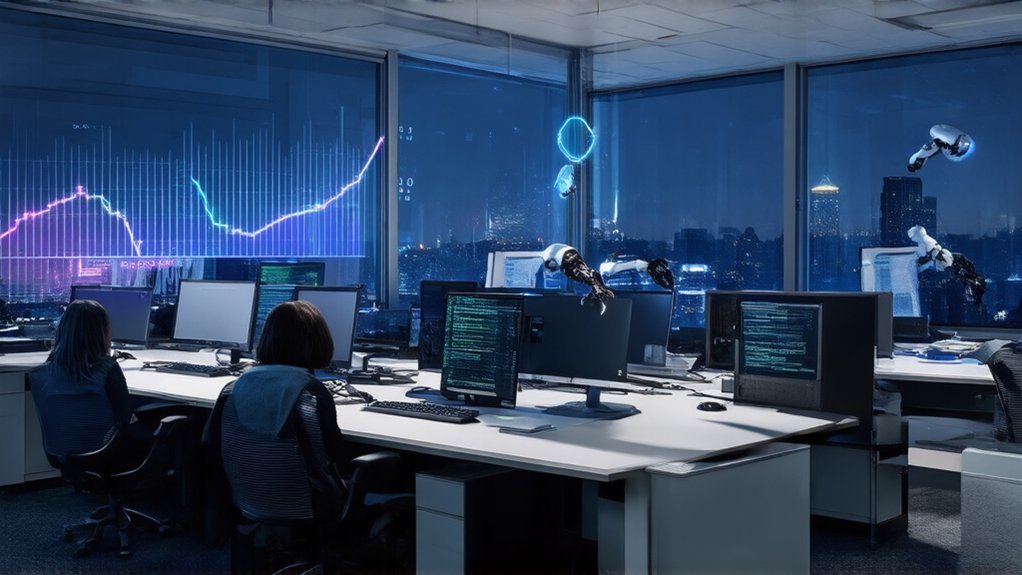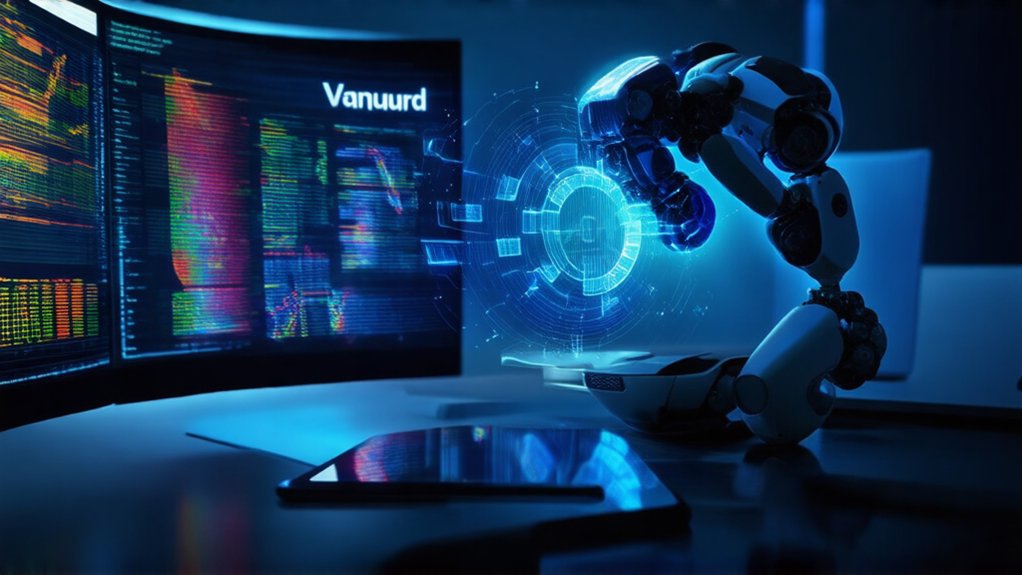As artificial intelligence surges ahead, it’s already eyeing a massive chunk of U.S. jobs, with Goldman Sachs warning that AI could disrupt 300 million globally—18% of work tasks at risk of vanishing. That means nearly 20 million U.S. roles might vanish by 2030, as SHRM reports suggest, with 30% of work hours ripe for automation. Moreover, two-thirds of jobs in the US are exposed to automation, heightening the potential for widespread displacement. Ouch, that’s a lot of people staring at empty desks.
Generative AI is speeding this up, hitting 19% of American workers hard, especially in repetitive gigs. Office support? Gone. Customer service reps? Watch out. Food service jobs could dwindle, thanks to bots flipping burgers or answering calls. Data analysis, bookkeeping—heck, even basic financial tasks—are prime targets. In May 2023, the tech sector lost 3,900 jobs to AI, and media folks are sweating over AI writing tools churning out content. Manufacturing, like automotive, has already cut labor with robots. Safety protocols now guide these workplace transitions, including mandatory risk assessments and emergency stops. Blunt truth: if it’s monotonous, AI wants it.
Demographics add a twist. Workers with degrees face twice the risk—27% versus 12% for high school grads. Women, at 21%, are more exposed than men at 17%, often in those vulnerable roles. Asian and White workers hit harder, at 24% and 20%, while Black and Hispanic folks, though less exposed overall, crowd into automatable jobs. Higher-wage earners, pulling $33 an hour, brace for impact. Irony alert: the educated elite might lose out first.
But wait, AI isn’t all doom. It could create jobs, like 133 million globally by 2025, netting 58 million, per the World Economic Forum. Expect growth in AI specialists and data analysts. In healthcare and finance, AI might enhance tasks, boosting accuracy. The green economy promises 7 million jobs. Moreover, in healthcare, human interaction remains essential for patient care and compassion.
Still, workers worry—52% fear AI’s future, and 32% see fewer opportunities. Yeah, that’s a gut punch. Will new gigs balance the losses? Time will tell, but it’s a rollercoaster.




